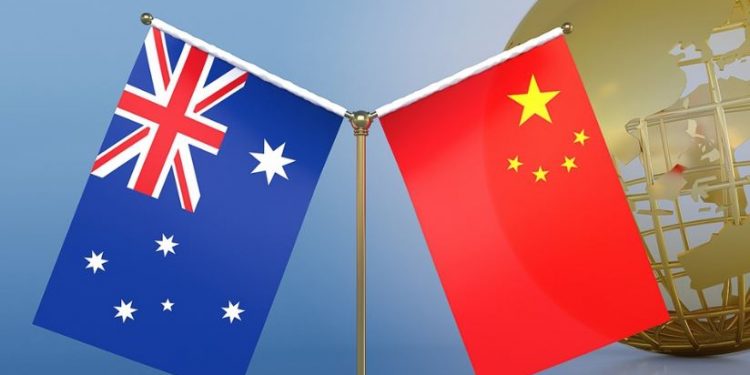Melbourne: Australian authorities have charged seven people with helping launder hundreds of millions of dollars for a Chinese crime syndicate.
Police said Thursday the arrests came after a 14-month investigation that involved multiple Australian agencies and the US Department of Homeland Security.
They said it was the most complex money laundering investigation in the nation’s history.
Police said a money remittance chain in Australia with a dozen outlets, the Changjiang Currency Exchange, was being secretly run by the Long River money laundering syndicate.
They said the chain legitimately transferred billions of dollars from regular customers, but hidden among those transactions were illegal transfers of 229 million Australian dollars ($144 million) in crime proceeds over the past three years.
They said they became suspicious about the company during COVID-19 lockdowns in Sydney.
“While most of Sydney was a ghost town, alarm bells went off among our money laundering investigators when they noticed Changjiang Currency Exchange opened and updated new and existing shopfronts in the heart of Sydney,” said Stephen Dametto, an assistant commissioner with the Australian Federal Police.
“It was just a gut feeling – it didn’t feel right,” Dametto said in a statement. “Many international students and tourists had returned home, and there was no apparent business case for Changjiang Currency Exchange to expand.”
More than 300 officers Wednesday conducted 20 raids around the country and seized tens of millions of dollars worth of luxury homes and vehicles.
The four Chinese nationals and three Australian citizens made their first appearance in a Melbourne court Thursday.
“We allege they lived the high life by eating at Australia’s most extravagant restaurants, drinking wine and sake valued in the tens of thousands of dollars, travelling on private jets, driving vehicles purchased for 400,000 Australian Dollars and living in expensive homes, with one valued at more than 10 million Australian Dollars,” Dametto said.
Police said the syndicate coached its criminal customers on how to create fake business paperwork, such as false invoices and bank statements.
They said some of the laundered money came from cyber scams, the trafficking of illicit goods, and violent crimes.
Dametto said the syndicate had even purchased fake passports for 200,000 Australian Dollars ($126,000) each in case their members needed to flee the country.
“The reason why this investigation was so unique and complex was that this alleged syndicate was operating in plain sight with shiny shopfronts across the country – it was not operating in the shadows like other money laundering organisations,” Dametto said in his statement.
AP







































